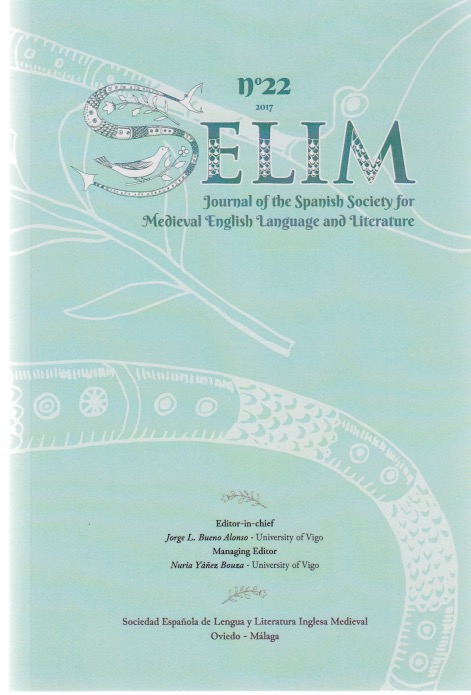Abstract
Beowulf has long been acknowledged as a story full of stories. One of the most famous occurs in the first third of the poem: at the celebration of Beowulf’s victory over Grendel, a professional poet or scop relates the story of how Finn’s son and Hnæf Scylding in Freswæle feallen, ‘fell in Frisian slaughter’. This so-called ‘Finn Episode’ in Beowulf is rarely studied without mentioning The Fight at Finnsburh, a fragmentary poem that seems to relate the same story in a different manuscript, now lost. But what does the Finn Fragment actually tell us about the story of the Freswæle? Does it do anything at all to help us interpret the Episode?
In this paper originally delivered at the 28th SELIM conference, I will draw on socio-narratological analysis techniques to argue that the Finn Fragment sheds very little light on the detail of the Episode and does not help us understand the story itself. However, it reveals that the Beowulf poet has manipulated a story known to exist in the contemporary narrative habitus to make his own point. It also demonstrates the flexibility of narrative since the two versions are dramatically different: where the Fragment celebrates heroic warrior culture, the Episode dwells on the tragedy that results from ‘glorious’ battles. As this episode participates in the reflective nexus of stories told within Beowulf, it also poses modern readers an interesting question: which other embedded narratives has the poet changed in order to manipulate the point of each story and of Beowulf as a whole?
Keywords: Beowulf; Finnsburh; Old English; comparative literature; socionarratology




